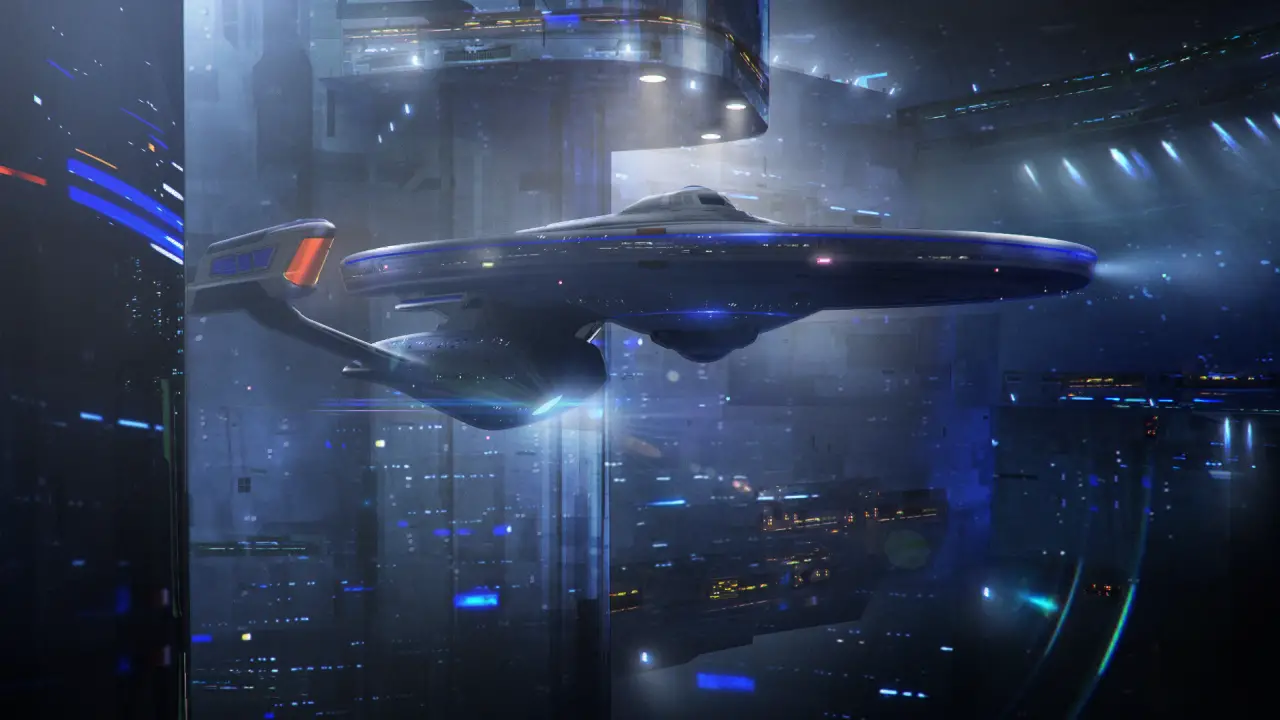Like Axaday, I think the text is unambiguous - he scolds Jack for thinking linearly because the Q don't live a linear existence; his apparent age is always a choice, as is everything else about his appearance, and he's spent time all over our past and future. He just chose to travel back to meet with Picard in his last days, and he spends much of that time in the 21st century anyway. It doesn't take a god, either; Arthur Dent and Marvin the paranoid android have seen the end of the universe by the time they each die near our present day. Q's just the one who left that final message to the universe for them.
Q knowing what he's going to have said to Picard near the end of his own life appears to add a wrinkle, and I think it does complicate the character as written in S2. But I also think it's unavoidable. It's very difficult to be omnipotent without becoming omniscient as a side perk. It doesn't matter when in the timeline Q dies, he can always have traveled there and seen it, as an inevitable reality of his not being bound to any one point in the timeline. I don't think this is something anyone considered during S2, and writing for gods is hard. But it certainly does explain his certainty in S2 about his inevitable death if he's simply seen it - his struggle to accept his death in S2 does not have a bargaining phase; he hasn't experienced what's coming firsthand and felt himself running out of time, but he unambiguously knows what it is and when it's coming.
So it's exceptionally convenient for us as viewers and for the VFX team as a department with a budget that Q appears the same age as John DeLancie again, and extremely convenient for us and the writers that he remembers the events of last season that he hasn't experienced yet. But I think that's definitely what they're telling us happened in the show. And unless the Q have some kind of anti-paradox field that prevented them from seeing the future of their own personal worldlines, I think the fact that he knows about last season is actually an inevitable consequence of everything else we've been told about them; if his future self chose to ultimately die on 21st century Earth, it'd be hard for him to miss before the last time he got there. (Branching timelines would pose a wiggle but Star Trek is deliberately ambiguous and self-contradictory about whether time travel follows the A or B theory of time travel every time it comes up. Changing your own past and being an inevitable part of it are both always on the table.)
The simple fact that John DeLancie looks old is not an inevitable consequence of Star Trek's reality, but, well, time is the fire in which we burn, unfortunately.

 dapsmagic.com
dapsmagic.com
